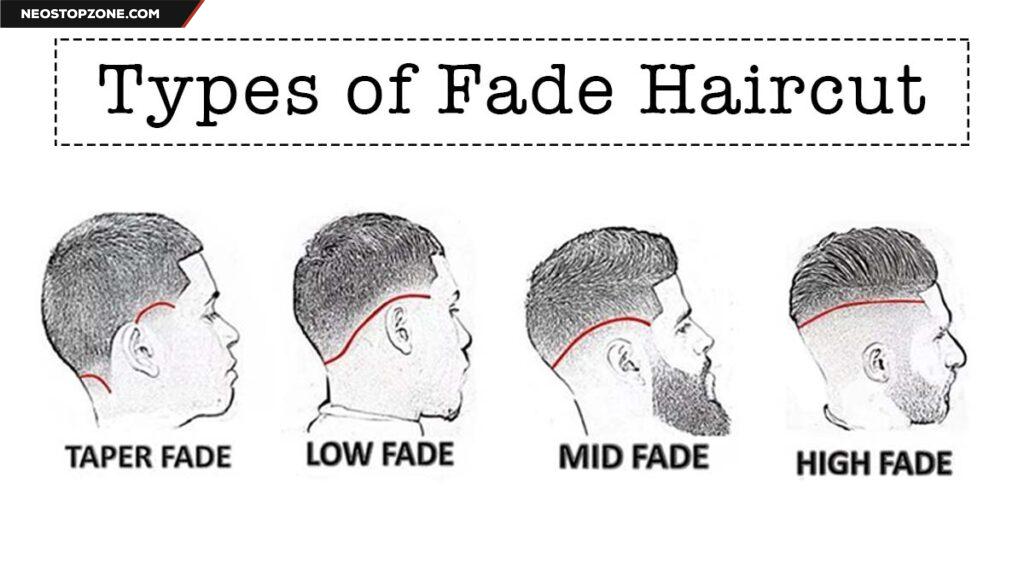
Chemically-treated hair requires special care and attention to maintain its health and vitality. Whether you’ve recently colored, permed, or straightened your hair, it’s crucial to follow a proper hair care routine to ensure your locks remain healthy and luscious. In this article, we will explore some essential tips and tricks for effective mane maintenance for chemically-treated hair.
Understanding the Effects of Chemical Treatments on Hair
Chemical treatments can alter the structure of your hair, causing it to become more vulnerable to damage. Coloring, perming, and straightening can strip away the natural moisture and oils from your hair, leaving it dry, brittle, and prone to breakage. It’s important to understand these effects to develop a suitable hair care routine.
Choosing the Right Hair Care Products
When it comes to maintaining chemically-treated hair, using the right products is crucial. Look for shampoos and conditioners specifically formulated for chemically-treated hair. These products are designed to nourish and hydrate your hair, restoring moisture and preventing further damage. Opt for sulfate-free formulas as sulfates can strip away the natural oils from your hair, making it drier.
Regular Deep Conditioning Treatments
Deep conditioning treatments are a must for chemically-treated hair. These treatments provide intense hydration, repair damaged strands, and restore shine. Incorporate a deep conditioning mask into your hair care routine at least once a week. Apply the mask generously from root to tip, leave it on for the recommended time, and rinse thoroughly. You’ll notice a significant improvement in the overall health and manageability of your hair.
Minimize Heat Styling
Excessive heat styling can be detrimental to chemically-treated hair. Heat tools such as straighteners, curling irons, and blow dryers can cause further damage and dryness. Try to minimize the use of heat styling tools and opt for heatless hairstyles whenever possible. If you must use heat, always apply a heat protectant spray beforehand to minimize damage.
Protect Your Hair from UV Rays
The sun’s harmful UV rays can also take a toll on chemically-treated hair. UV exposure can lead to color fading, dryness, and frizziness. Protect your hair by wearing a hat or using a UV-protectant spray when you’re out in the sun for an extended period. This will help preserve the color and integrity of your chemically-treated locks.
Trim Regularly
Regular trims are essential for maintaining healthy hair, especially for chemically-treated locks. Trimming helps get rid of split ends and prevents them from traveling up the hair shaft, causing further damage. Aim to visit your hairstylist every 6 to 8 weeks for a trim to keep your hair looking fresh and vibrant.
Avoid Overwashing
Overwashing can strip away the natural oils from your hair, making it dry and brittle. If you have chemically-treated hair, try to limit washing to two or three times a week. On non-wash days, use dry shampoo to refresh your roots and absorb excess oil.
Use a Wide-Toothed Comb
Chemically-treated hair is more prone to tangles and breakage. To prevent unnecessary hair loss, use a wide-toothed comb or a detangling brush to gently remove knots and tangles. Start from the ends and work your way up to minimize damage.
Protect Your Hair During Sleep
While you sleep, your hair can become tangled and roughened against your pillowcase. To protect your chemically-treated locks, consider investing in a silk or satin pillowcase. These materials create less friction and help maintain the smoothness and integrity of your hair.
Conclusion
Chemically-treated hair requires extra care to keep it healthy and beautiful. By following a proper hair care routine, using suitable products, minimizing heat styling, and protecting your hair from UV rays and friction, you can ensure your locks remain vibrant and lustrous.
Frequently Asked Questions (FAQs)
Can I color my hair if it’s already chemically-treated?
Yes, you can color your hair even if it’s chemically-treated. However, it’s important to consult a professional stylist to assess the condition of your hair and determine the best approach to avoid further damage.
How often should I deep condition chemically-treated hair?
For chemically-treated hair, it’s recommended to deep condition at least once a week. Adjust the frequency based on the condition of your hair and its hydration needs.
Can I use regular shampoo and conditioner on chemically-treated hair?
Using regular shampoo and conditioner on chemically-treated hair can be harsh and may strip away essential moisture. It’s best to opt for products specifically formulated for chemically-treated hair.
How long should I leave a deep conditioning mask on my hair?
The recommended time for leaving a deep conditioning mask on your hair varies depending on the product. Read the instructions on the packaging for the specific duration.
Can I reverse the damage caused by chemical treatments?
While it may not be possible to reverse all the damage caused by chemical treatments, following a proper hair care routine and using suitable products can significantly improve the health and appearance of your chemically-treated hair.
